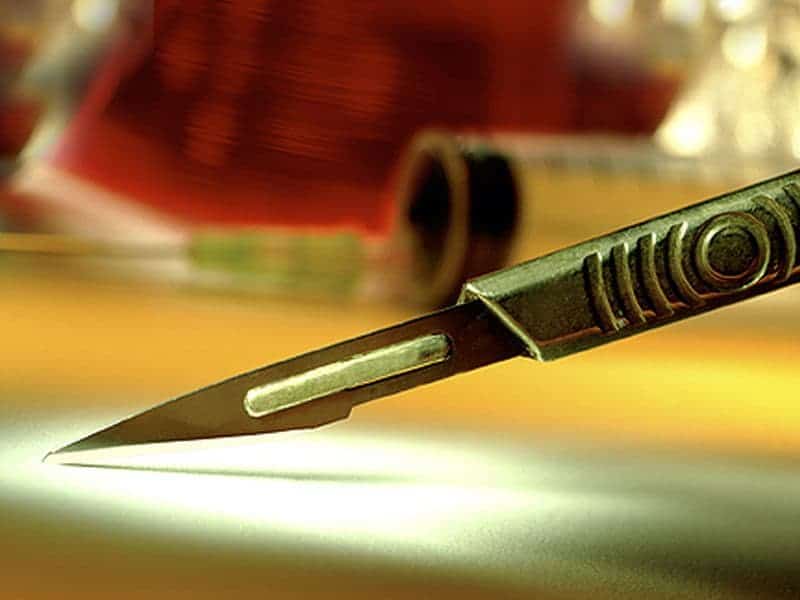FRIDAY, May 10, 2019 (HealthDay News) — Sharing personalized practice pattern data with physicians that is benchmarked to national data for their peers can reduce overuse of Mohs micrographic surgery (MMS) among outliers, according to a study published online May 5 in JAMA Dermatology.
John G. Albertini, M.D., from The Skin Surgery Center in Winston Salem, North Carolina, and colleagues conducted a nonrandomized study involving 2,329 U.S. surgeons who performed MMS procedures. The intervention group included 1,045 physicians affiliated with the American College of Mohs Surgery, and the control group included 1,284 physicians not affiliated with the American College of Mohs Surgery. Individualized performance reports were delivered to all outlier surgeons and inlier surgeons in the intervention group.
The researchers found that 5.1 and 6.8 percent of surgeons in the intervention and control groups were outliers (defined as those with mean stages per case two standard deviations above the mean). Among outliers, 83 percent in the intervention group and 69 percent in the control group demonstrated a reduction in mean stages per case (difference, 14 percent; 95 percent confidence interval, −1 to 27; P = 0.07). The mean stages-per-case reduction was 12.6 and 9.0 percent among outliers in the intervention and control groups, respectively; outliers in the intervention group had an adjusted postintervention differential decrease of 0.14 stages per case (95 percent confidence interval, −0.19 to −0.09; P = 0.002). The estimated reduction in Medicare spending was $11.1 million.
“In an era where reducing low-value care is increasingly paramount given the escalating costs of health care, this intervention has the promise to provide a high return on investment,” the authors write.
Two authors disclosed financial ties to the medical device and dermatology industries.
Abstract/Full Text (subscription or payment may be required)
Editorial (subscription or payment may be required)
Copyright © 2019 HealthDay. All rights reserved.



